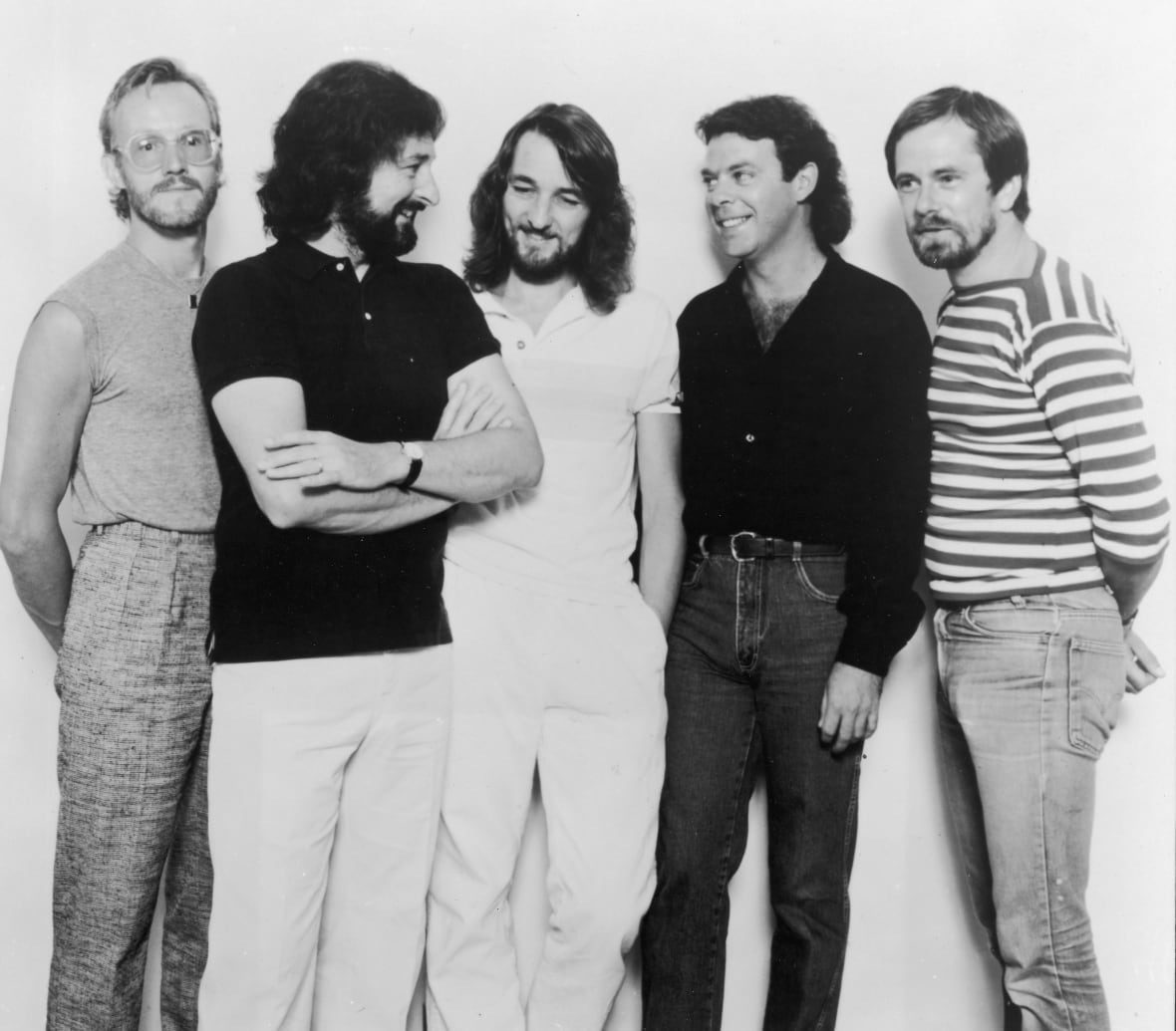Rick Davies, founder and mainstay with hit band Supertramp, dead at 81

Rick Davies, the keyboardist and singer whose ad in a British music paper sparked the formation of Supertramp, one of the most commercially successful bands of the 1970s and early '80s, has died. He was 81.
The band said on their website that Davies died Saturday after having been diagnosed with multiple myeloma, a type of blood cancer, more than a decade ago.
"As co-writer, along with partner Roger Hodgson, he was the voice and pianist behind Supertramp's most iconic songs, leaving an indelible mark on rock music history," the band said. "His soulful vocals and unmistakable touch on the Wurlitzer became the heartbeat of the band's sound."
The yin-and-yang dynamic of Davies and Hodgson would see the band become a regular fixture on rock and middle-of-the-road radio formats, highlighted by Breakfast in America, which at more than 20 million albums sold to date trails only Pink Floyd, the Bee Gees and Michael Jackson among the biggest selling albums from 1979.

Born in Swindon, England, on July 22, 1944, Davies picked up the drums and piano while growing up, playing in fledgling British bands in the 1960s. In the final year of the decade he placed an ad in Melody Maker, promising a "genuine opportunity for good musicians."
Among those who answered was Roger Hodgson, a tenor vocalist and guitar player.
Taking their name from a 1908 book by Welsh writer W.H. Davies, The Autobiography of a Super-Tramp, the band released two albums of material that had modest commercial impact. The sophomore release, Indelibly Stamped, arguably gained more attention for its cover featuring a topless woman than the music.
Contrasting stylesHodgson later admitted that he and Davies briefly considered packing it in after those two albums, but they were fortified by the lineup that would coalesce around them by 1973: Bob Siebenberg — the lone American in the group — on drums, with Dougie Thomson on bass and John Helliwell on saxophone and other instruments.
Their career picked up with 1974's Crime of the Century, with Davies contributing the title track and Bloody Well Right, a top-40 single in the U.S. Hodgson's Dreamer from the same album went even further, into the top 20.
The two leaders had contrasting personalities and backgrounds — Davies came from a working-class background, while Hodgson attended a private school and throughout Supertramp's career wrote songs reflecting his interest in spiritual enlightenment.
"As a generalization, he's tougher, more cynical and dryer," Hodgson told the Associated Press in 1983. "I'm more idealistic, romantic."
Ken Scott, producer of two Supertramp albums and formerly an engineer for the Beatles, once likened the Davies-Hodgson dynamic as similar to John Lennon and Paul McCartney.
Hodgson and Davies rarely wrote songs together, but the band was able to expertly combine pop and progressive rock sounds for three more albums, with popular singles usually sung by Hodgson, including Give a Little Bit, The Logical Song and Take the Long Way Home. The exception was Goodbye Stranger from Breakfast in America, which Davies wrote and sang the verses of.
Supertramp had became a top draw around the world through constant touring, but cracks began to emerge even as its greatest seller, which took nine months to complete, ascended.
"The five songs that I did on Breakfast are the only things that I've done in three years," Davies told Melody Maker in 1979. "I can't think straight when we're on the road. I'm just thinking about where we're going next."
With 1982's Famous Last Words, the band could not remotely reach that level of success, with some rock stations shying away from playing the light Hodgson offering It's Raining Again.
After Hodgson's departure, the others carried on for two more albums in the 1980s, with Davies and Helliwell the mainstays on two additional releases, the final one being Slow Motion from 2002.
Hodgson, Davies and the other members of the band would periodically be embroiled in litigation. Hodgson balked at his songs being performed by the others after he left, and disputes over song royalties have flared up, including a court ruling just last month involving Hodgson and Siebenberg, Thomson and Helliwell.
In its statement on Sunday, the band remembered Davies for "his warmth, resilience, and devotion to his wife, Sue, with whom he shared over five decades."
cbc.ca





